What Is a Track Day?
How to safely push your vehicle and driving skills to the limit — on the racetrack.
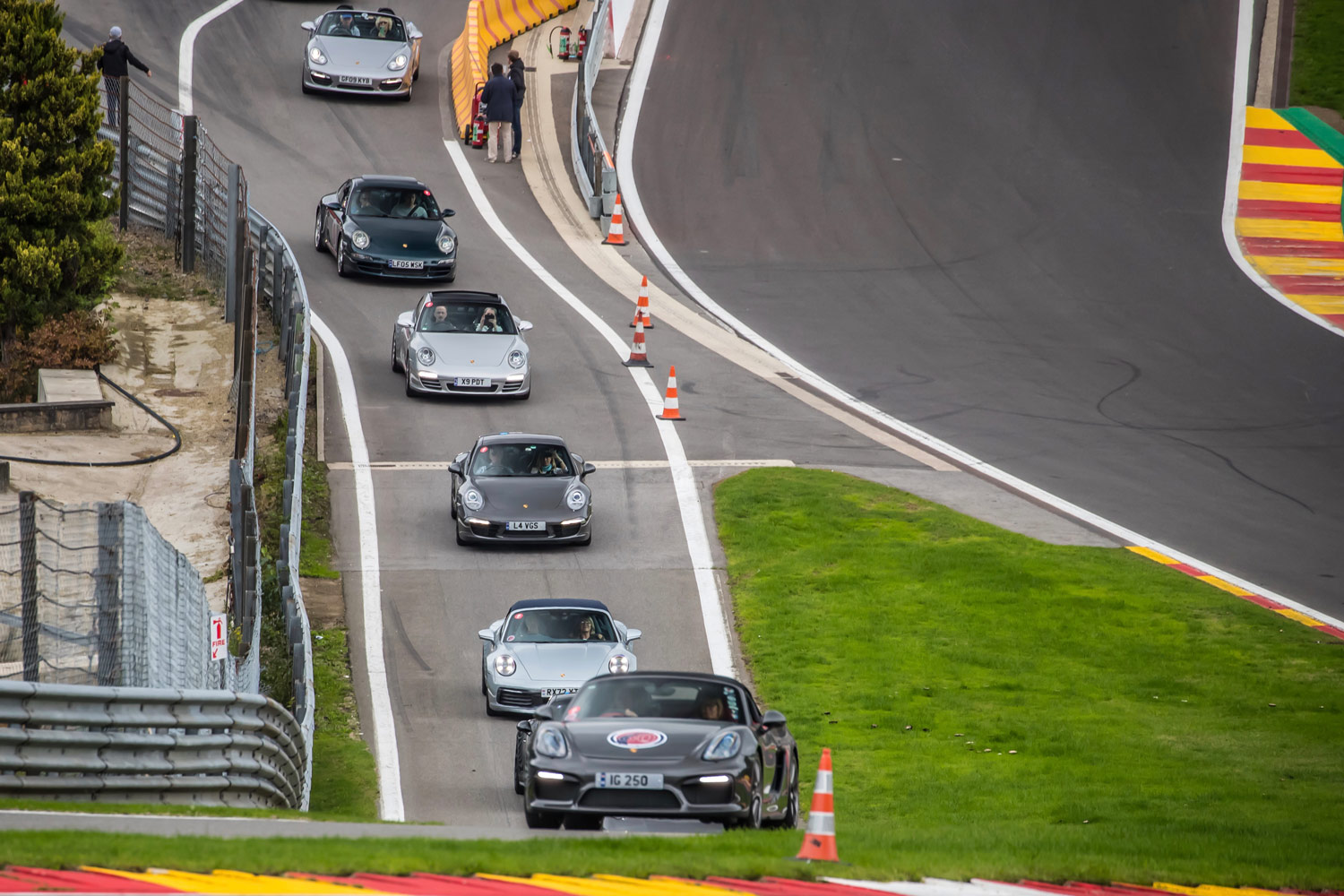 Porsche
Porsche
Track days are some of the most fun you can have behind the wheel of a sports car. Set loose in a safe and controlled environment, assisted by experienced instructors, and sampling the fun of a high-speed racetrack, your first track day is often the beginning of a long-term love of high-performance driving.
Here are the basics you need to know about how track days work, what vehicles are welcome, and how you can stay safe throughout the entire event.
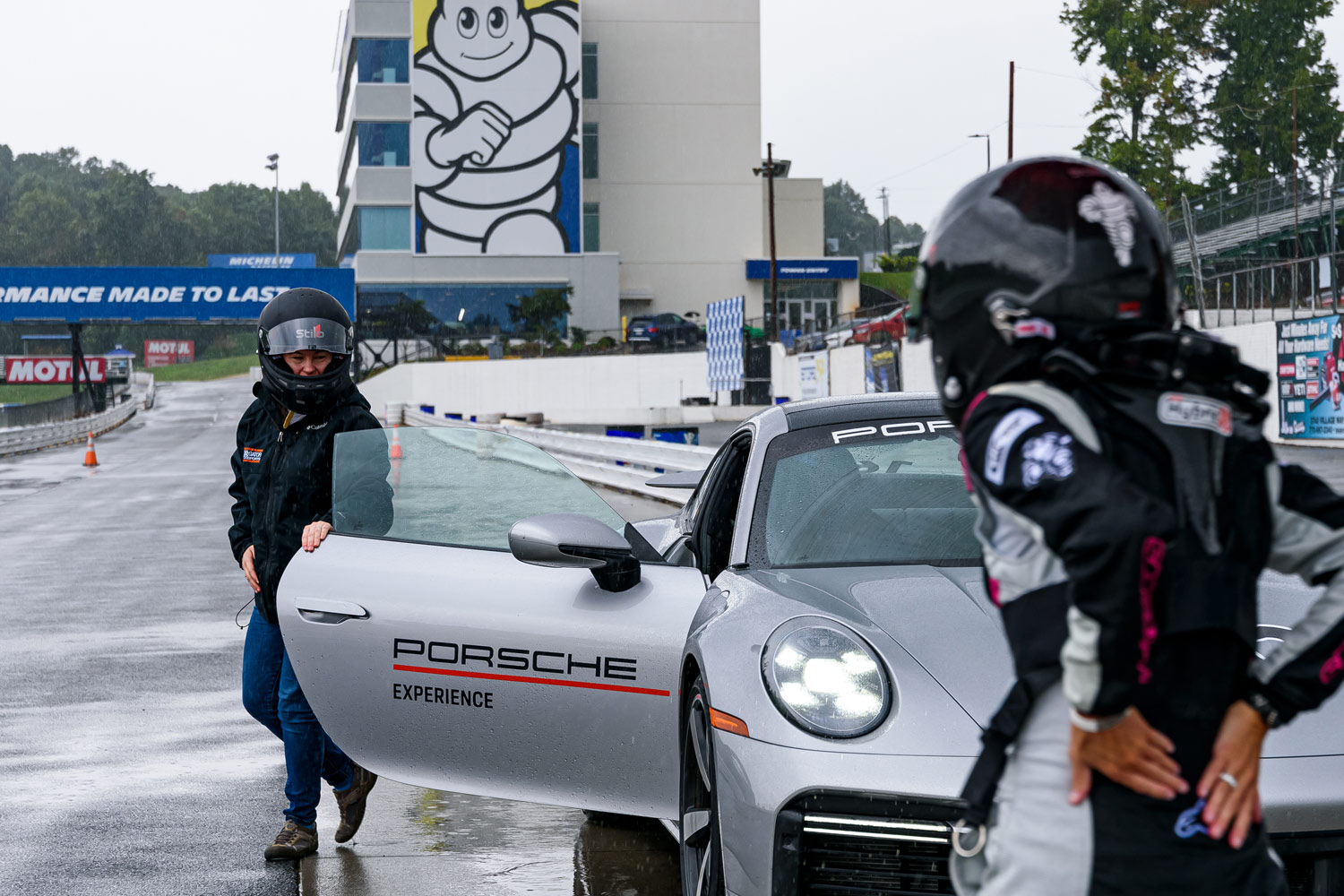 Porsche
Porsche
Track Days and Performance Driving Schools: What Are They?
A track day is an opportunity to drive your vehicle on a closed course — typically a racetrack — at speeds higher than would be allowed on a public road. Also known as performance driving schools, track days are not timed nor is there any element of competition involved. It's a chance to improve your driving skills in a safe environment and discover the limits of your automobile without risking the safety of pedestrians and other motorists.
Track days organize participants into groups often according to their experience and skill levels as drivers as well as the performance potential of their vehicles. These groups alternate time on track, with sessions usually lasting between 15 and 20 minutes. In total, you can expect four to five sessions of track driving per day.
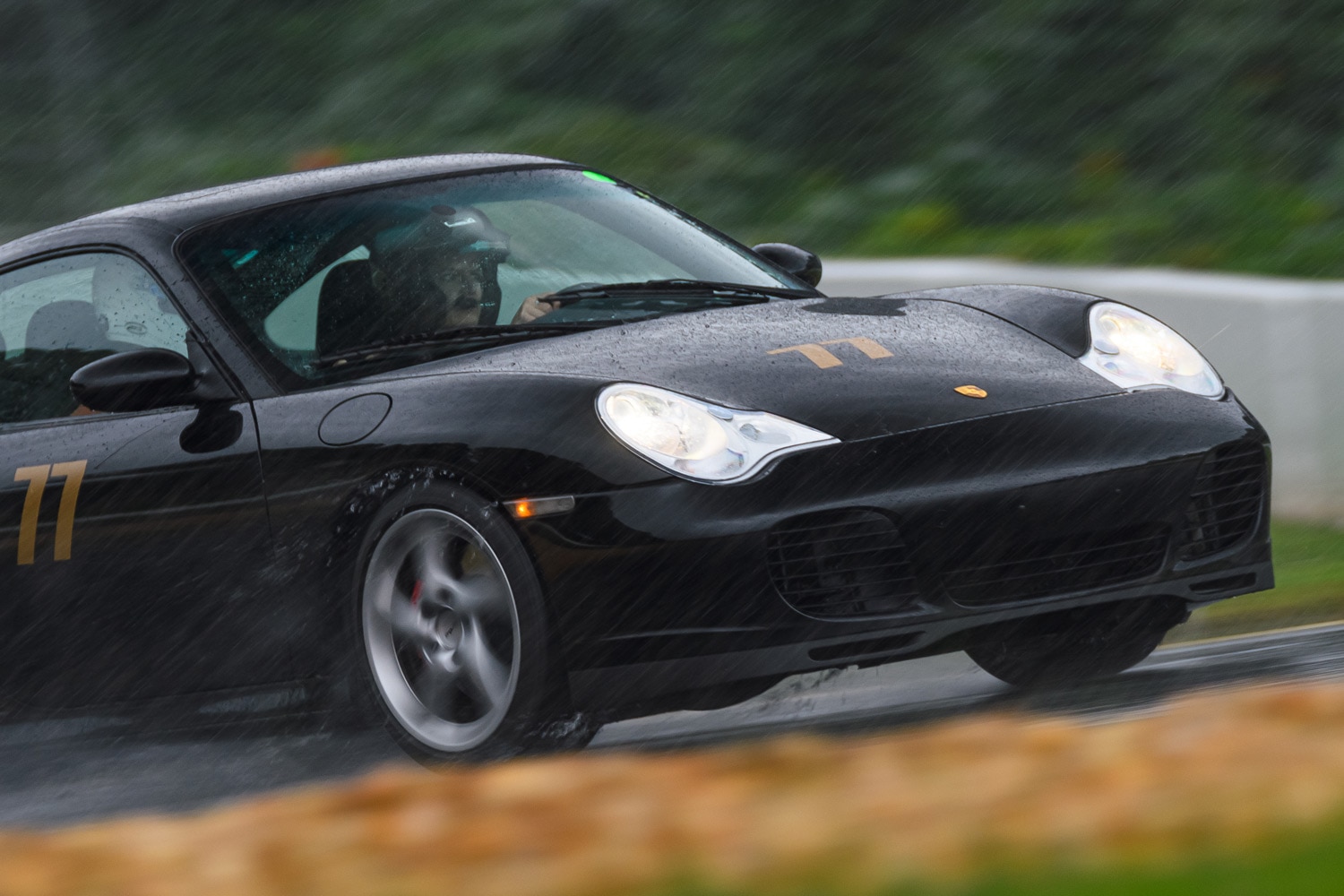 Porsche
Porsche
Many Types of Vehicles Can Participate in Track Days
According to the Sports Car Club of America, track days are open to almost any vehicle. There are some exceptions and criteria designed to keep participants as safe as possible. For example, convertibles as well as electric and hybrid vehicles are often not permitted.
Usually, vehicles with a high center of gravity, such as trucks or SUVs, are not allowed to participate due to their higher propensity to roll over at higher speeds. The advent of modern high-performance crossovers and SUVs, however, has led to some organizations accepting them for track days.
The condition of the vehicle is most important. Some track day events require that an automobile be inspected by an independent mechanic prior to arrival, while others make use of an on-site inspection the morning of the event. Tires, brakes, brake fluid, suspension, and seatbelts are among the key elements that must be in excellent working order prior to taking part in a track day. The track may also require that tires are rated for higher speeds than those acceptable for daily road use.
It's important to check with your insurance company on whether it will cover you on the track. Some companies consider track days to be driver training but not all of them.
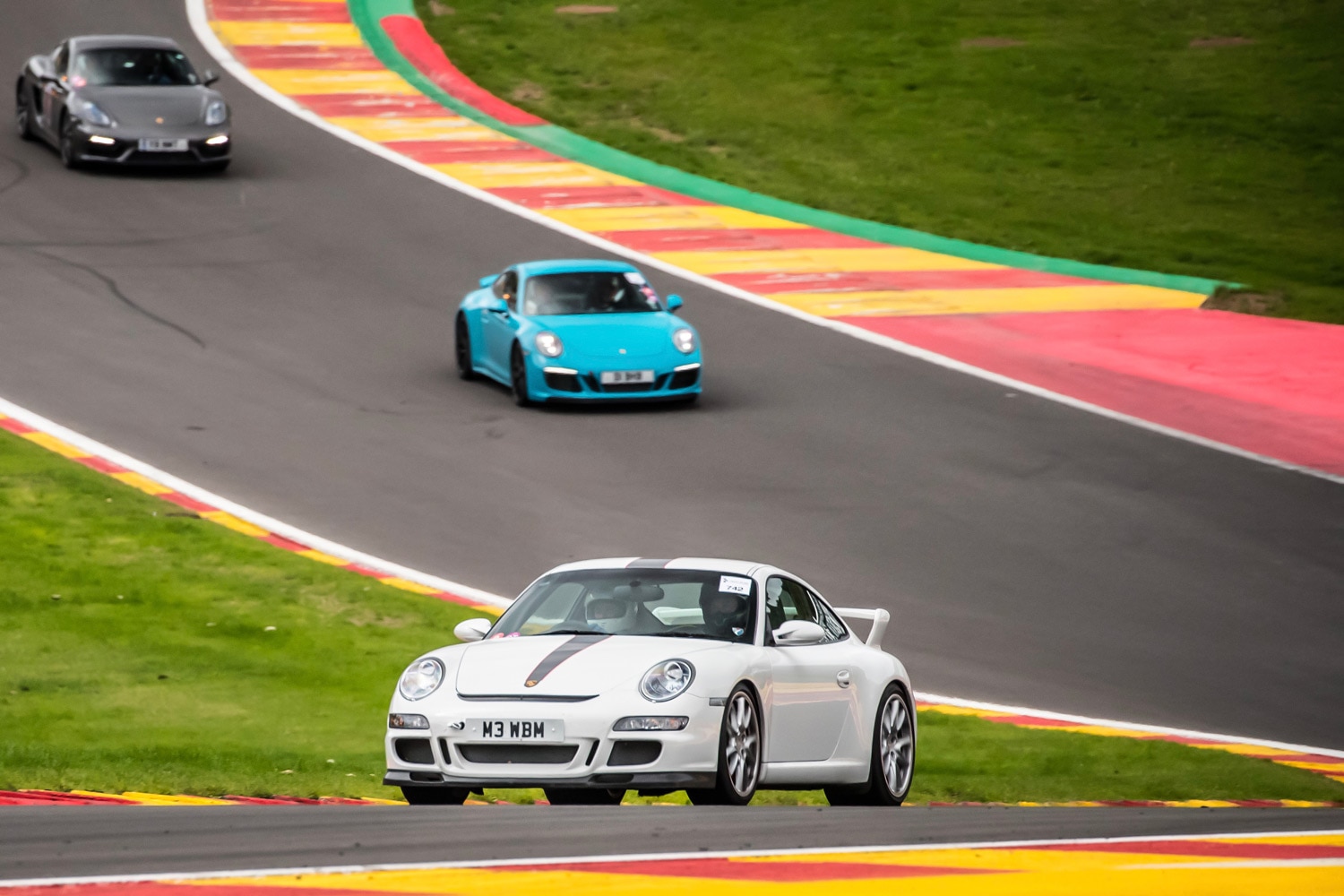 Porsche
Porsche
A Lot Goes Into Keeping Track Days Safe
In addition to the vehicle safety measures, track days employ driving instructors, marshals, and other officials who monitor on-track conditions, communicate safety issues to drivers, work with inexperienced pilots, and help the day go as smoothly as possible. Participants are required to wear a helmet at all times when driving, and no alcohol is allowed in the paddock or pit areas during the running of an event.
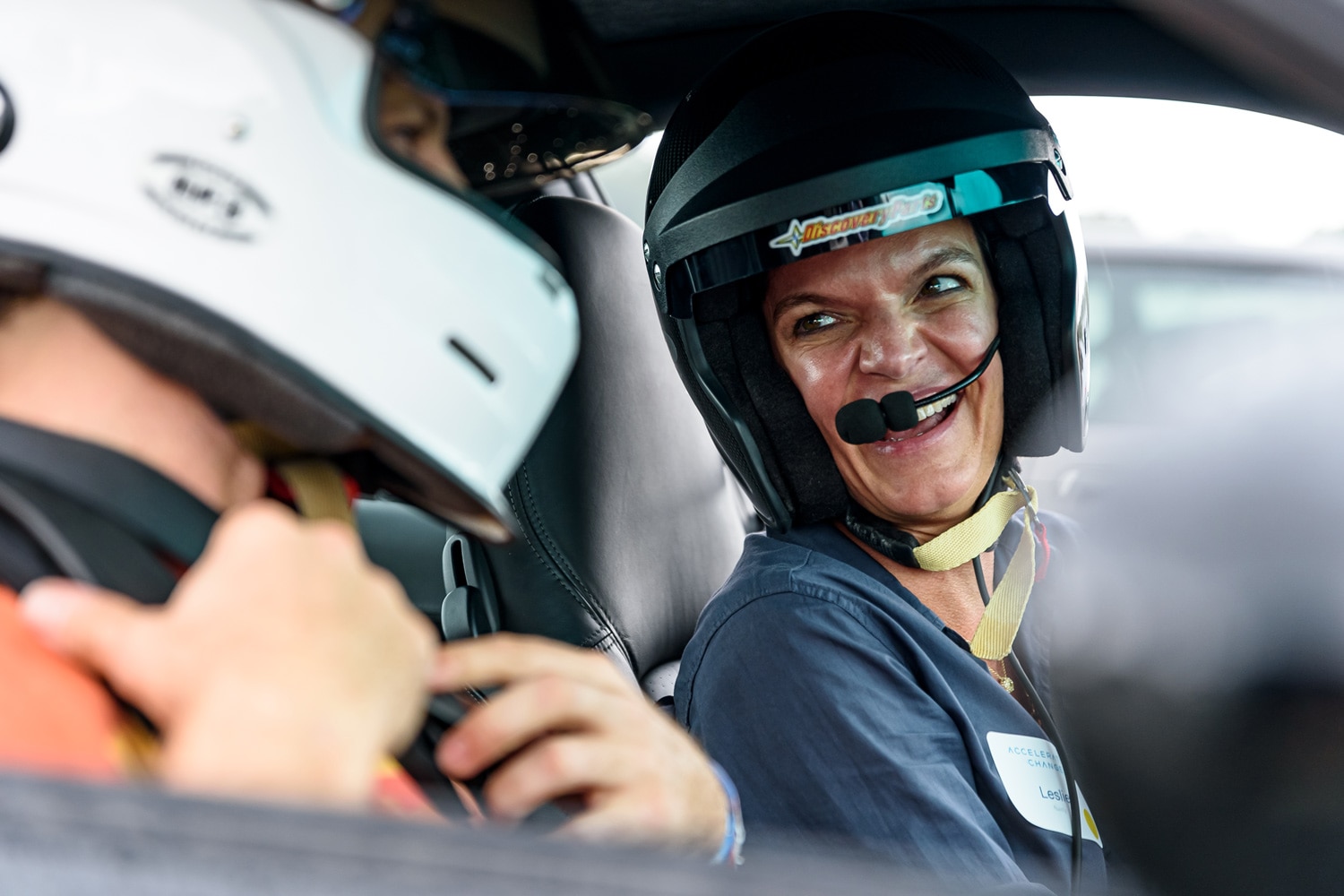 Porsche
Porsche
Find a Local Track Day With the Help of Car Clubs
Track days are often organized by local driving clubs. Some clubs are associated with a specific brand of vehicle, such as the
Written by humans.
Edited by humans.
 Benjamin Hunting
Benjamin HuntingBenjamin Hunting is a writer and podcast host who contributes to a number of newspapers, automotive magazines, and online publications. More than a decade into his career, he enjoys keeping the shiny side up during track days and always has one too many classic vehicle projects partially disassembled in his garage at any given time. Remember, if it's not leaking, it's probably empty.
Related articles
View more related articles